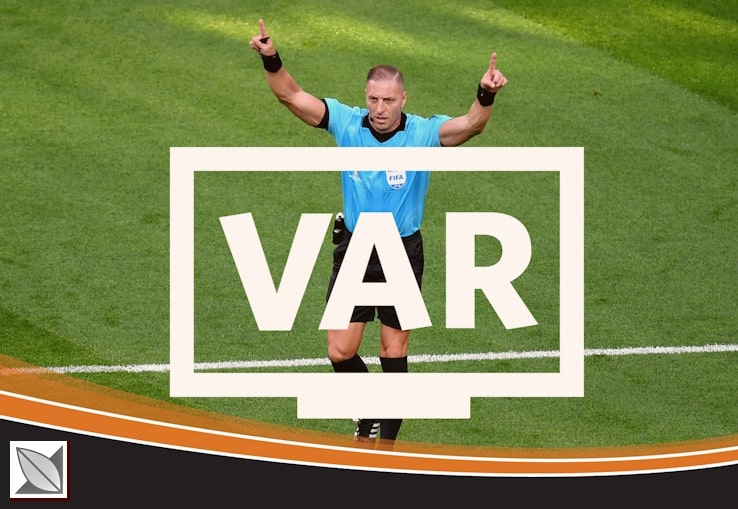Expanding the Scope of VAR: Implications for Football Future

The world of football stands at a crossroads with the proposed expansion of Video Assistant Referee (VAR) technology. While VAR was introduced to enhance decision-making accuracy in critical game situations, its potential expansion into areas like free kicks, corners, and yellow card decisions sparks a complex debate about technology's role in football.
Enhancing Decision-Making?
The International Football Association Board (IFAB) is exploring the possibility of extending VAR’s scope. This technology, initially limited to offsides, red card incidents, and goal validations, might soon influence other critical aspects of a match. The underlying aim is to reduce human error in decision-making that can significantly alter the course of a game.
Concerns Over Game Flow
A major critique of expanding VAR's role revolves around the potential for increased game stoppages. Critics argue that prolonged reviews disrupt the natural rhythm and excitement of football, a sport celebrated for its continuous flow. The trade-off between precision in officiating and maintaining the game's fluidity remains a contentious point.
Referees and Technology: A Delicate Balance
The expansion of VAR brings into focus the relationship between referees and technology. There's a growing concern that over-reliance on technology might undermine the referees' authority and intuition, which have traditionally been integral to football. The balance between human judgment and technological intervention is delicate and essential for the sport's integrity.
Additional Rule Changes on the Horizon
Apart from VAR, IFAB is also contemplating other significant rule changes. These include stricter penalties for deliberate handballs and the introduction of sin-bins to address player dissent. These potential changes signify a shift towards more structured and possibly less spontaneous football, altering its traditional character.
Conclusion
As the football community awaits the final decisions from IFAB, the debate over the role of technology in football continues to rage. While the aim is to foster fairness and accuracy, the potential expansion of VAR's responsibilities raises critical questions about preserving the essence of football. This evolution reflects not just a change in rules, but a fundamental shift in how the sport is perceived and played.